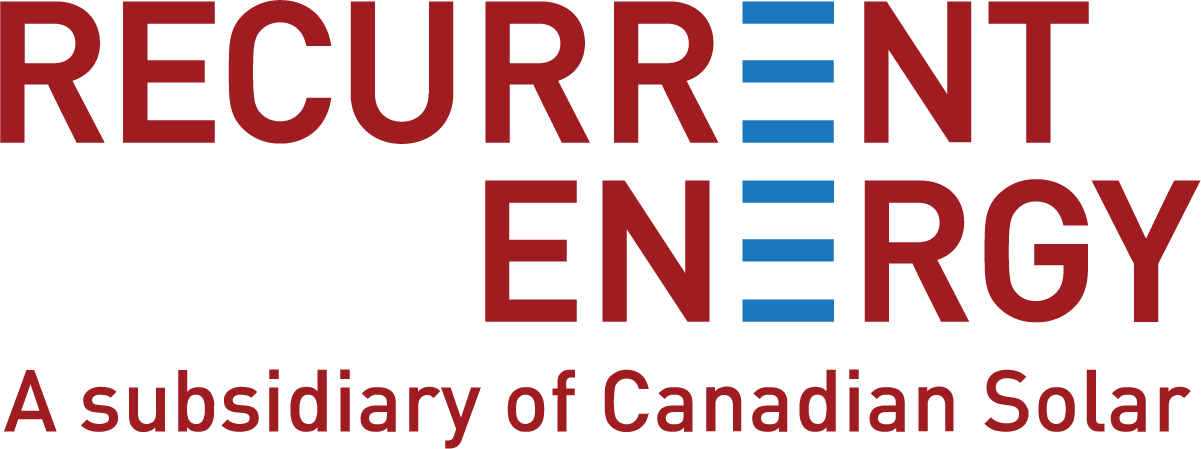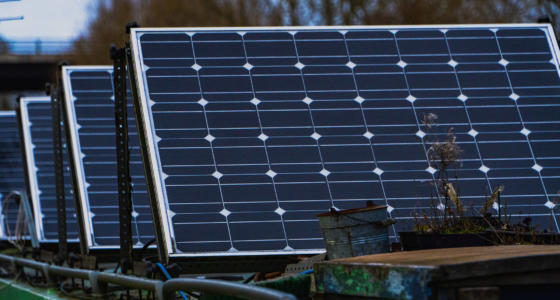What's Planned?
The submitted site layout shown below has been drawn up to show how we think the solar farm should be developed on the site, based on the findings of various environmental and technical surveys.
The land beneath the solar panels would remain in agricultural use for sheep grazing, or we could create a wildflower meadow to attract insects and birds and enhance biodiversity. It might also be possible to have beehives on site, for producing honey.
The solar farm would have a lifespan of 40 years. This is how long the planning permission would be granted for, and after this time the solar farm would be decommissioned. A bond is provided for the decommissioning, which guarantees that the solar farm is properly decommissioned at the end of its life and that the land is restored. The solar panels would be recycled or sold on to be used elsewhere.
In February and March 2023, we invited the local community to provide their feedback on our draft plans. In direct response to the feedback received from local residents, we made a number of changes to the solar farm plans, as follows:
The site access point was moved to a more suitable road position with greater visibility
Solar panels were removed from a key double bend to improve forward visibility on the public road
Additional screening was added on the eastern part of the site to reduce views of the solar farm
Project timeline:
- 2022 - Environmental and technical surveys
- Nov 2021 & June 2022 - Initial meetings with Roxby-cum-Risby Parish Council
- February/March 2023 - Share draft plans with the local community
- January 2024 - Submit planning application
- 2025 - Awaiting planning decision
Why now?
Building solar farms is an important step in moving to diverse, carbon-neutral and ‘home grown’ energy production, which is vitally important for reducing our carbon emissions, and our reliance on fossil fuels and overseas fuel imports. Solar farms are now amongst the lowest cost forms of electricity generation of any kind. Solar will have a fundamental role in the UK achieving net zero by 2050.
North Lincolnshire Council has pledged to end its contribution to climate change and become carbon neutral by 2030. The Council’s ‘A Green Future’ policy commits to ‘accelerate deployment of renewable and clean sources of energy to increase supply diversification and affordability'*. Once developed, the solar farm will make a positive contribution to this, helping to address the climate emergency through the displacement of fossil fuel based electricity generation, and by contributing to national and local renewable energy targets.




